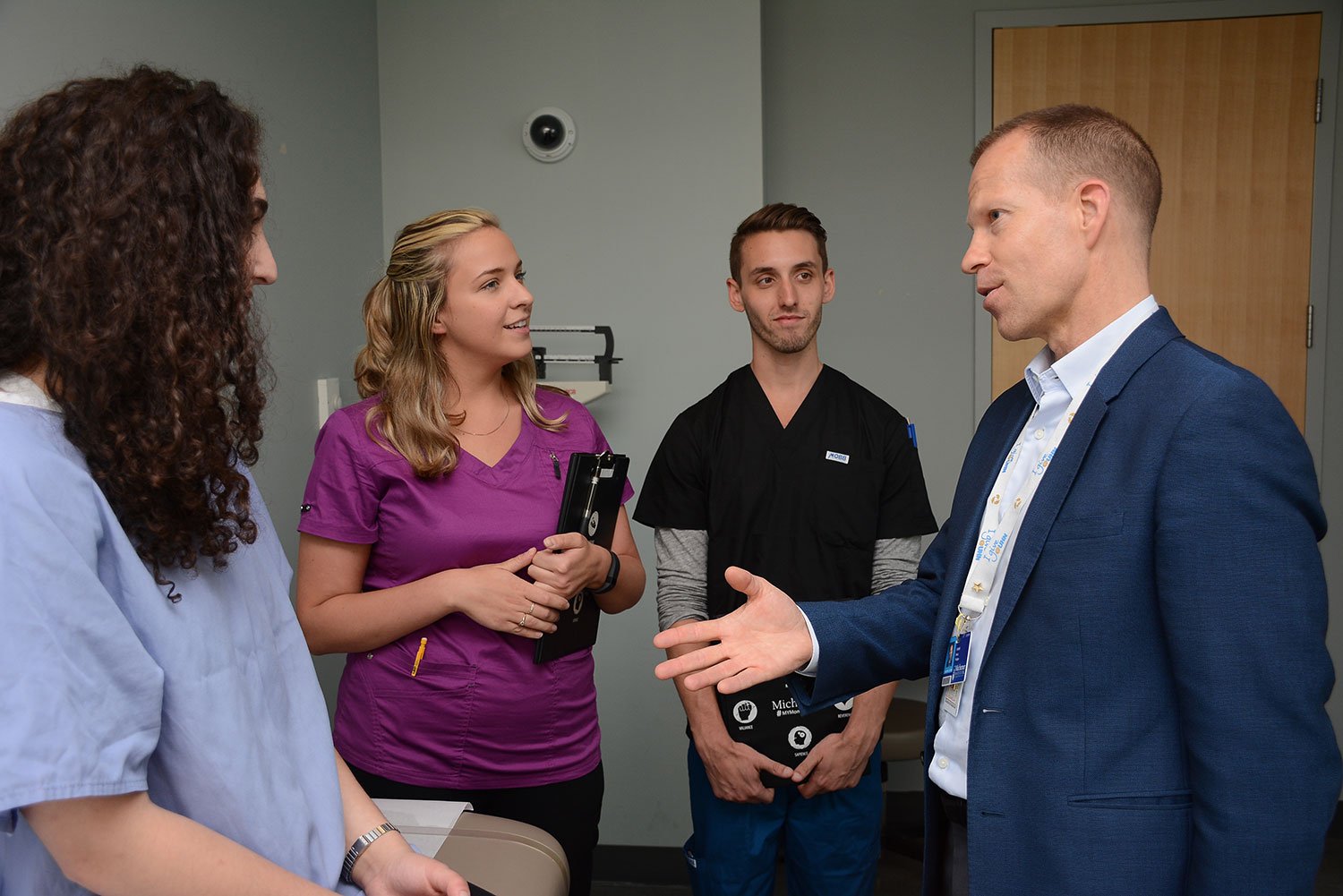Brian Hodges is awarded the KI Prize for Research in Medical Education

Brian Hodges, Professor at the University of Toronto, Canada, is awarded the 2016 Karolinska Institutet Prize for Research in Medical Education. His research has led to changes in educational practice, both scientific and practical, in the training of health professionals around the world.
“This year’s prize winner was an easy choice, as Professor Hodges’ research is of such outstanding significance, quality and originality. It has led to changes in practice and has had an impact on medical education. Professor Hodges has embraced both quantitative and best-practice qualitative methodologies. The outcomes of the research are well recognised as a substantial contribution to the medical education literature,” says Professor Sari Ponzer, Chair of the Prize Committee.
Brian Hodges, Professor at the Faculty of Medicine and Ontario Institute for Studies in Education at the University of Toronto, Canada, has since the early 1990s advocated a closer examination of the role that medical education plays in society. His research focuses on the nature of competence, how it has been constructed in different historical periods, across different countries and cultures, and how it is assessed using a range of assessment tools and systems. He has successfully advocated including simulations and assessment of mental health and communication skills in examinations for medical students and residents and for other health professionals. This is now standard practice in his native Canada and many other countries.
Simulation is an important part of education
“When I was in medical school, all exams were written or oral; there were few simulations as part of the examination process. Today, the use of simulated patients is widespread internationally, and has changed the way that medical students are assessed. In a perfect world, health professionals would go back every year of their career to engage in challenging simulations to test their clinical and communication skills. That’s what I’m currently working on”, says Professor Hodges.
“Our research team was the first in the world to experiment with the validity of complex communication and mental health simulations. I’m proud that these types of simulations are now part of the medical examination process, in combination with physical assessment. This is important, as we often need to deal with patients or family members who are anxious or emotionally distressed in a hospital environment”.
Receives the award in October
Professor Hodges will receive the award and a prize amount of €50,000 at a ceremony in Stockholm, Sweden, on 13 October.
This international prize is awarded for outstanding research in medical education. The purpose of the prize is to recognise and stimulate high-quality research in the field and to promote long-term improvements of educational practices in medical training. "Medical" includes all education and training for any health science profession. The prize is made possible through financial support from the Gunnar Höglund and Anna-Stina Malmborg Foundation. It is currently awarded every second year.
